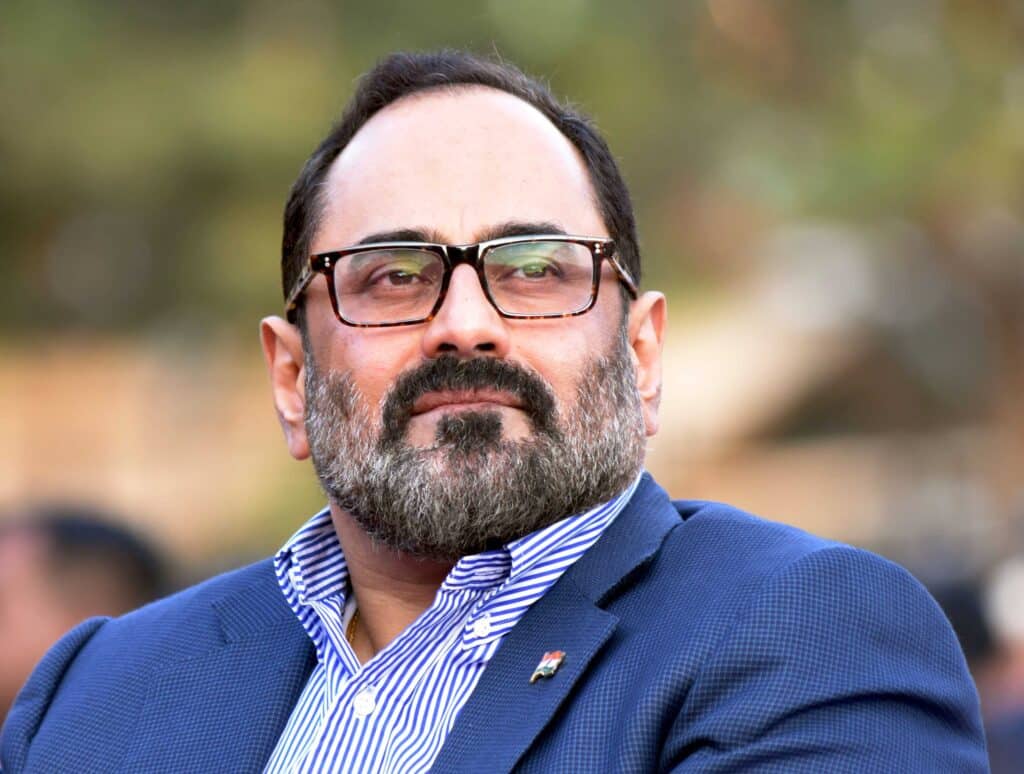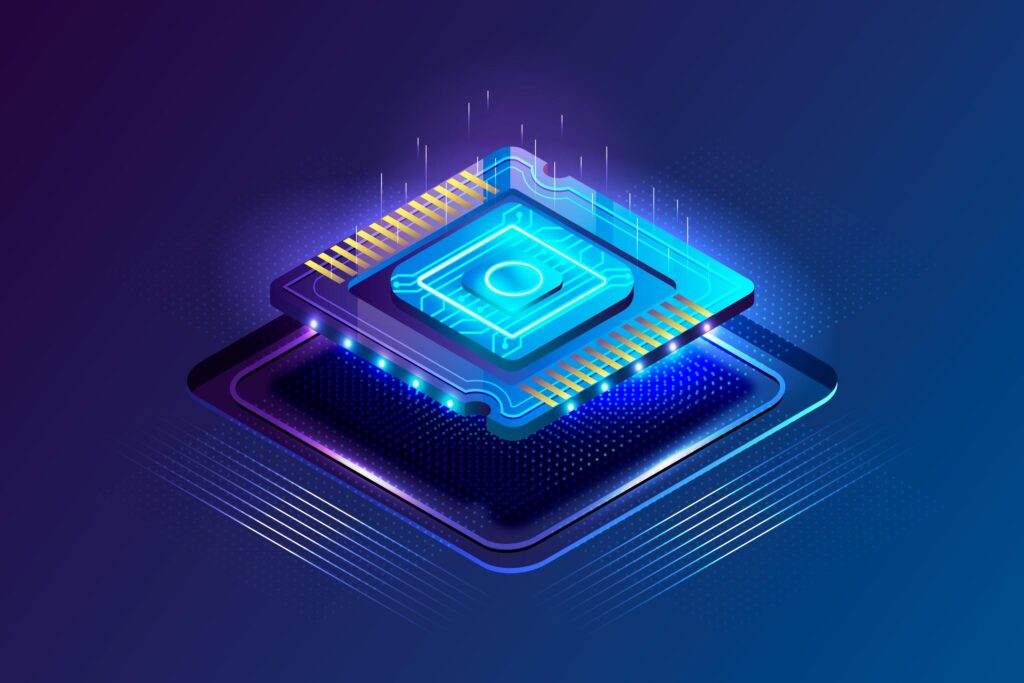“MoS Rajeev Chandrasekhar Launches Semiconductor India Roadshow”
Semiconductor India Future Design Roadshow Launched in Bengaluru by MoS Rajeev Chandrasekhar Opportunities in Semicon India: Roadshow in Bengaluru Union Minister of State for Electronics and Information Technology and Skill Development and Entrepreneurship, Shri. Rajeev Chandrasekhar, launched the 2nd Semicon India Future Design Roadshow at the Indian Institute of Science (IISc) in Bengaluru on Friday, […]

Semiconductor India Future Design Roadshow Launched in Bengaluru by MoS Rajeev Chandrasekhar
Opportunities in Semicon India: Roadshow in Bengaluru

Union Minister of State for Electronics and Information Technology and Skill Development and Entrepreneurship, Shri. Rajeev Chandrasekhar, launched the 2nd Semicon India Future Design Roadshow at the Indian Institute of Science (IISc) in Bengaluru on Friday, marking another milestone in India’s burgeoning electronics value chains.
Chandrasekhar noted that India’s rapid growth in digitalization, coupled with the country’s high-growth digital and innovation economy, has created opportunities in the semiconductor and electronics industries, particularly in the New World Order.
He also identified three trends currently visible in these sectors: accelerated digitalization, an inflection point, and India’s growing reputation as a trusted partner in delivering talent, global products, digital products, and services.
The minister expressed his optimism that Semicon India Future Design will provide a platform for startups, next-generation innovators, and business leaders to invest in the semiconductor sector in India.
He noted that the India Semiconductor Research Centre (ISRC), a private, industry-led research centre, will soon be launched. Additionally, the Semiconductor Laboratory will be modernized and transformed into a research fab, which will be co-located with the ISRC.
Chandrasekhar also announced plans to introduce an educational curriculum as part of the Future Skills program developed in collaboration with industry experts and academics.
The program will feature new degrees, electives, and certification programs in very large-scale integration (VLSI) for students, as well as on-the-job training internships in the semiconductor space.
The minister also launched the ChipIN Centre at C-DAC India, Bangalore, which will act as a one-stop centre to provide semiconductor design tools, fab access, and virtual prototyping hardware lab access to fabless chip designers in India.
Furthermore, Chandrasekhar revealed that the India AI Datasets program will soon be launched, which will be the world’s largest datasets program. This program will catalyze the intelligent compute, AI compute, device, and system design ecosystem.
The minister also spoke about the potential for collaboration between Indian startups and global semiconductor majors. He noted that the power of Semiconductor India Future Design Startups could enhance global semiconductor majors’ ability to innovate beyond the normal innovation horizon.
Chandrasekhar also outlined India’s ambitions with respect to the Digital India RISC-V Microprocessor Program (DIR-V), which will help develop, siliconize, and create design wins for the future around SHAKTI and VEGA RISC-V processors and commercial-grade Indian processors this year.
He added that India is building a comprehensive architecture around RISC-V and aims to make India a RISC-V talent hub for the world.
India’s Semiconductor and Electronics Industry: Growing Opportunities

India’s semiconductor and electronics industry is in a phase of unprecedented growth. The industry has been witnessing significant growth over the past few years, driven by factors such as the growth of the digital economy, the increasing demand for electronics in the country, and the government’s support for the industry.
The government has been taking several initiatives to promote the growth of the semiconductor and electronics industry in India.
Government has launched initiatives such as the Make in India program, the National Policy on Electronics, and the Electronics Development Fund, aimed at encouraging investment in the industry and promoting indigenous manufacturing of electronics.
The government has also been focusing on improving the talent pool in the industry, with initiatives such as the Skill India program, aimed at providing training and skilling opportunities to the workforce in the industry.
Additionally, the government has been supporting research and development in the industry, with initiatives such as the Semiconductor Research Initiative and the Electronics and Information Technology Research Academy.


